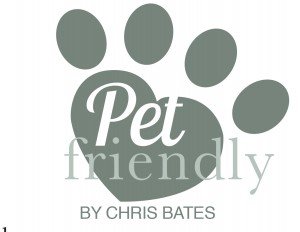 As an aging Baby Boomer, it seems I’m increasingly surrounded by more senior people and pets and more aware of changes in behavior and needs associated with aging. As Betty White, the remarkable 91-year-old actress and comedian aptly notes, “Old age is not a disease; it is simply a stage of life.”
As an aging Baby Boomer, it seems I’m increasingly surrounded by more senior people and pets and more aware of changes in behavior and needs associated with aging. As Betty White, the remarkable 91-year-old actress and comedian aptly notes, “Old age is not a disease; it is simply a stage of life.”
Pepper, our Labrador “wonder dog,” is fast approaching her 14th birthday. We have noted signs of creeping mental disorientation often punctuated with shrill barks. We also have observed her reduced physical endurance and worsening arthritis. A few years ago she was treated successfully for two separate cancers, but now shows new signs of cancer. Given her advanced age, our main focus is on her daily quality of life.
Like people, dogs and cats on average, are living longer lives, remaining healthy longer and receiving better medical care. A senior dog is defined by age and size, with larger dogs showing earlier signs of aging. A 7-year-old dog over 50 pounds is now considered a “senior citizen” (+50 years). Cats and smaller dogs are considered “senior” when they reach 9.
An estimated 52 percent of dogs and 55 percent of cats over age seven are overweight among the approximately 45 million dogs and cats in the United States today. Fortunately, there is a growing volume of helpful research on the special needs of older pets and how to accommodate them.
Most importantly, senior pets should check in with their vets more often (at least every 6 months), and pet owners need to be alert to changes in their pets' daily routines, health and behavior. There are three more areas where our actions and attentiveness can help our pets sustain a reasonable quality of life:
Chris Bates is the founder of Top Choice Pet Care LLC (www.topchoicepetcare.com), which provides affordable, loving and reliable dog walking, pet sitting and other pet services to the Bristow, Gainesville, Manassas and Nokesville communities. A farmer’s son, life-long animal lover and pet owner, Chris is a Certified Professional Pet Sitter (CPPS) through Pet Sitters International and is PetSaver™-trained in pet first aid and CPR.
Support Bristow Beat - Donate Today!